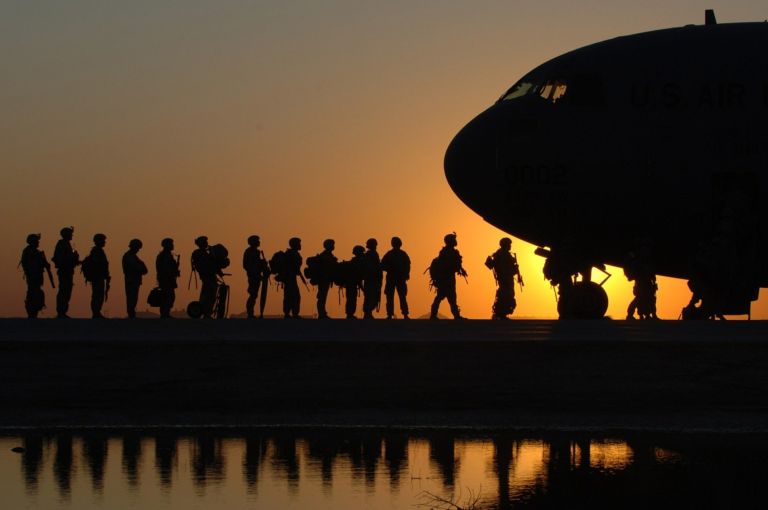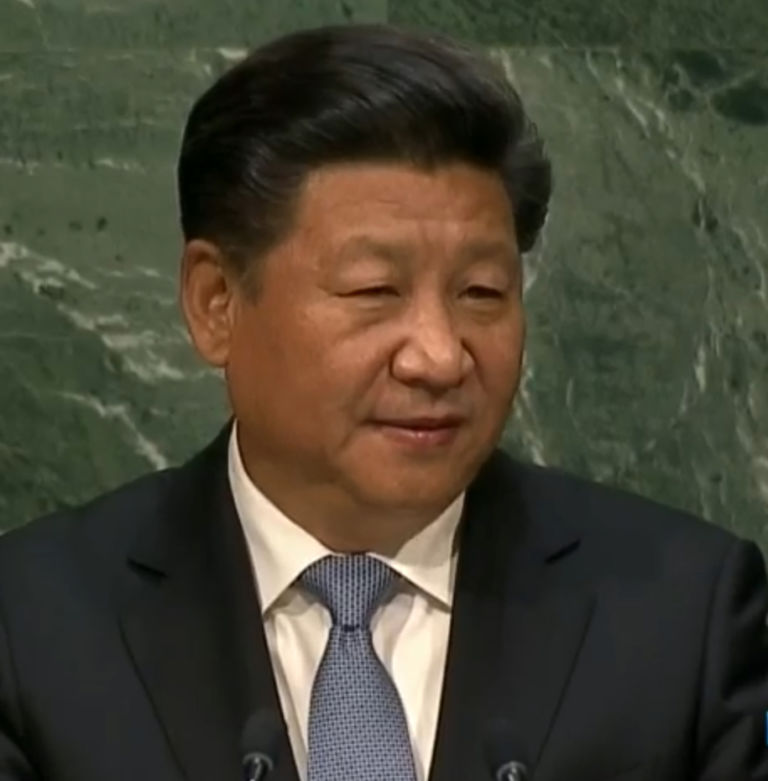Victor Davis Hanson of National Review Online responds to the Trump administration’s latest action involving Germany.
President Trump recently ordered a 12,000-troop reduction in American military personnel stationed in Germany. That leaves about 24,000 American soldiers still in the country.
A little more than half of the troops being withdrawn will return home. The rest will be redeployed to other NATO member nations, such as Belgium, Italy, and perhaps Baltic and Eastern European countries.
German chancellor Angela Merkel is said to be furious. She claims that the redeployments will “weaken the [NATO] alliance.” German commercial interests chimed in that the troop withdrawals will hurt their decades-old businesses serving U.S. bases.
Perhaps, but Merkel surely cannot be surprised. Six years ago, all NATO members pledged to spend 2 percent of their GDP on defense. Yet only eight of 29 so far have kept their word.
Germany spends only about 1.4 percent of its GDP on defense. As NATO’s largest, wealthiest, and most powerful European member, it sets the example for the rest of alliance.
Merkel’s reneging on her 2014 pledge helps explain why less wealthy and influential NATO members also see no reason to meet their obligations.
Germany surely knows that 2020 marks the 75th anniversary of the end of the World War II, and the 29th year since the fall of the Berlin Wall — the symbolic end of the Cold War.
Will there be any point in the future when Europe is confident enough to be a full defense partner with the U.S. rather than an eight-decade client?
NATO, of course, still provides a common European defense, but only by habitually relying inordinately on U.S. military contributions. That dependence seems increasingly odd when the European Union has an aggregate GDP nearly as large as America’s.
More important, NATO’s frontline threats are now mostly concerned with rogue member Turkey, especially its bullying of Greece and its increasingly aggressive stance in the Middle East.


